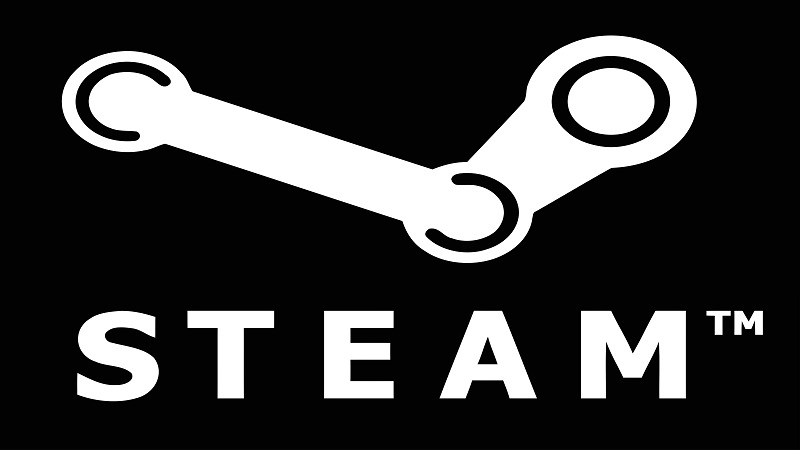Between being lambasted for horrible customer support and flamed for demanding payment for mods (which have traditionally been free) Valve has seen its share of Steam-powered headaches. Now it has a ruckus over a new refund policy to add to the list.
The new policy it implemented states that any game purchased on Steam can be refunded for the entire amount paid for it, as long as the purchase takes place in the last fourteen days, and the game itself hasn’t been played for longer than two hours. Aside from those two criteria, it seems to be a “no questions asked” policy.
But, it seems no good deed goes unpunished when money is concerned, as some smaller developers say the change in policy is starting to hurt them.
The three developers that have made this complaint are Qwiboo, Puppygames and Skatanic Studios, creators of Beyond Gravity, Revenge of the Titans and RPG Tycoon respectively. All three games are currently being sold on Steam and are covered by Steam’s new refund policy.
Qwiboo has pointed out that their short, free game could be completed in under an hour, which means that seedier individuals could purchase the game, complete it, and then receive a full refund.
The developer along with Puppygames discussed this worry on Twitter, even going so far as to post graphs indicating the massive amount of returns occurring since the new policy was introduced.
Since then, both Twitter profiles of Qwiboo and Puppygames have chosen to protect their Tweets, making them impossible to view.
Skatanic Studios’ blog concerning the refunds is still viewable. In the post third-party DRM is discussed as a solution to the refund policy, despite the developer abhorring its practice.
If DRM becomes the solution to a system Steam put in place to protect consumers, it could end up making the entire process of playing videogames even worse, forcing gamers to be online even to play single player games as well as continuously writing to and reading from their drives, which is a death sentence for SSDs.
[Source – PCGamesN]

